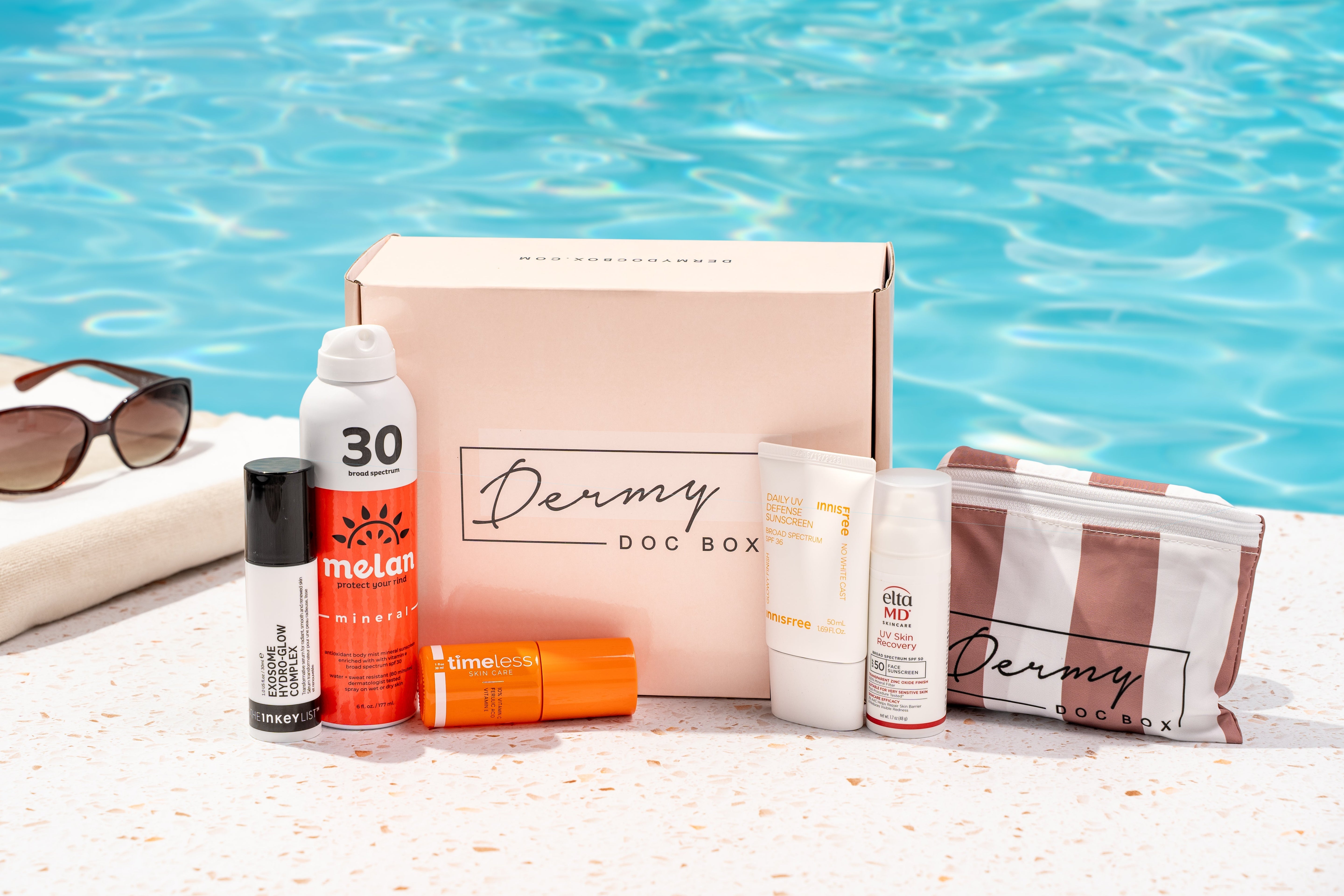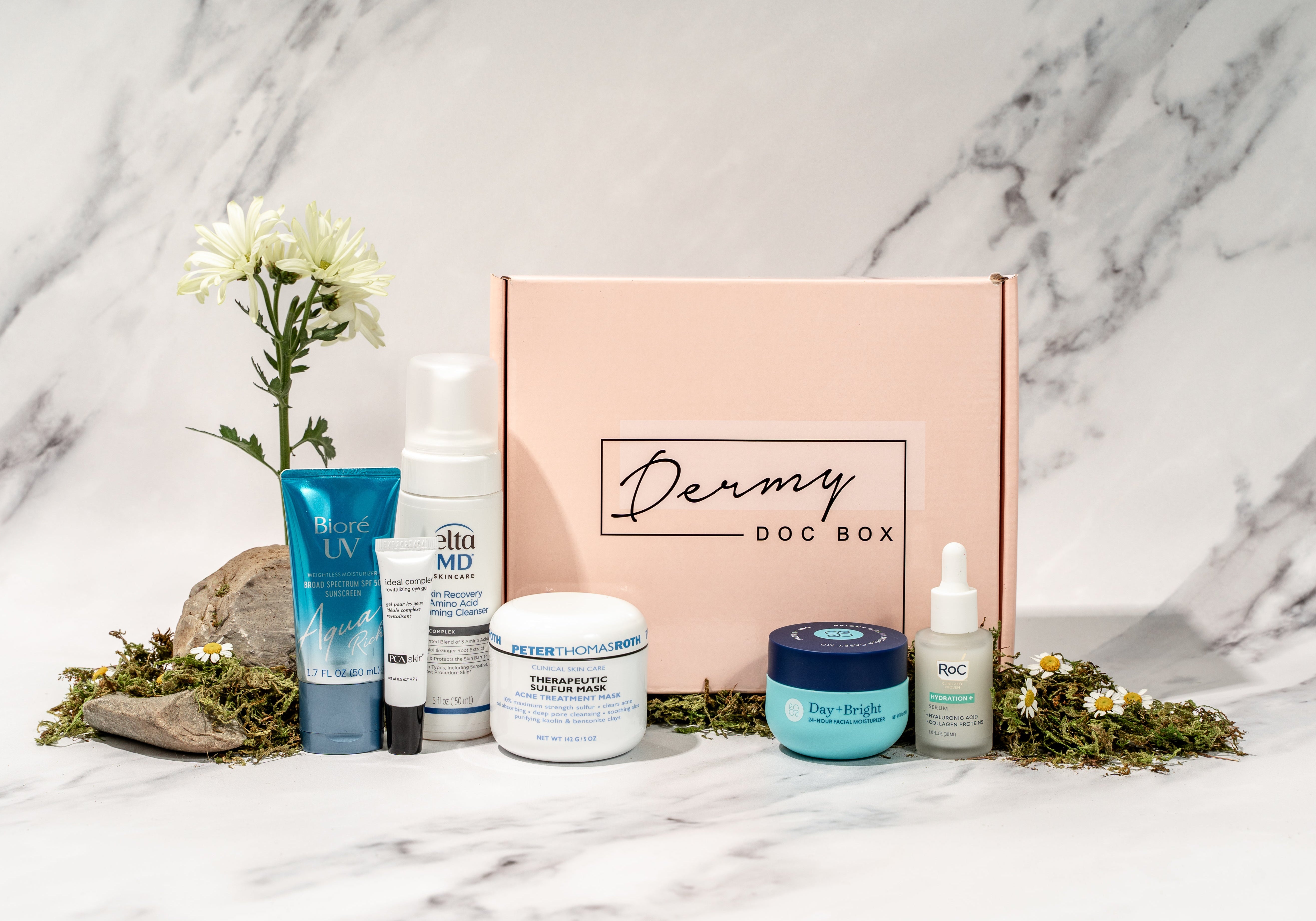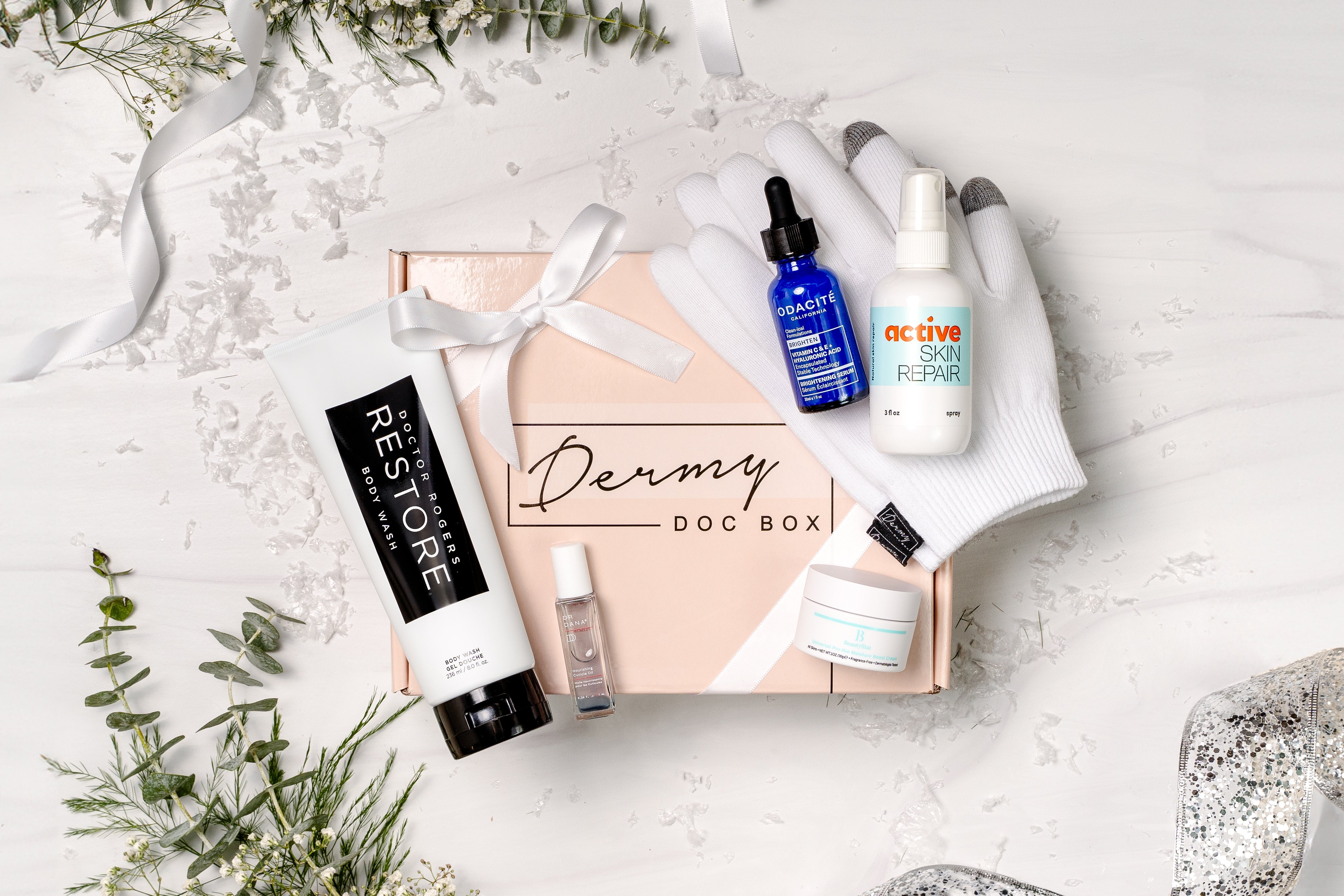Hey there, skincare enthusiasts! Today, we’re diving into the world of two fantastic ingredients that can transform your skincare game: Hyaluronic Acid and Sulfur. Whether you’re grappling with dryness, fine lines, or acne, these powerhouse ingredients have got you covered. Let’s break down what makes them so special.
HYALURONIC ACID: The Ultimate Hydration Hero
Found naturally in our skin, Hyaluronic Acid (HA) is like a tall glass of water for your face. But what makes it so special? Let’s dive in!
How Does Hyaluronic Acid Work?
Think of HA as a moisture magnet—it attracts and holds up to 1,000 times its weight in water! This powerhouse hydrator keeps your skin plump, smooth, and radiant.

Mechanism of Action:
-
Moisture Magnet: HA pulls moisture from the environment and deeper skin layers.
-
Water Binding: It binds water to the skin, improving elasticity and softness.
-
Layer Effect: Some forms of HA penetrate deeper, while others stay on the surface for that instant hydration kick.

Benefits of Hyaluronic Acid
-
Deep Hydration: Keeps skin soft and supple.
-
Plump, Smooth Skin: Helps minimize fine lines and wrinkles.
-
Supports Skin Barrier: Reduces irritation and dryness.
-
Inclusive: Works for all skin types—even oily and sensitive skin!

Common Questions & Controversies
Does HA work if the air is dry?
-
Nope! In dry climates, HA might pull moisture from your skin instead. Apply it to damp skin and lock it in with a moisturizer to prevent moisture loss.
Can HA be too heavy for oily skin?
-
Not at all! HA is lightweight and water-based, making it perfect even for acne-prone or oily skin.
Is HA anti-aging?
-
Indirectly! While HA doesn’t stop aging, it keeps skin hydrated and plump, reducing the look of fine lines.
SULFUR: The Ancient Acne Fighter
Sulfur may not be the first ingredient you think of for skincare, but it’s been a trusted remedy for acne, rosacea, and oily skin for centuries. Let’s uncover its secrets!
How Does Sulfur Work?
Sulfur is a natural mineral that helps reduce oil, unclog pores, and fight acne-causing bacteria—all without being overly harsh on the skin.

Mechanism of Action:
-
Absorbs Excess Oil: Helps mattify and prevent breakouts.
-
Gently Exfoliates: Removes dead skin cells to keep pores clear.
-
Kills Acne Bacteria: Reduces inflammation and promotes healing.
-
Calms Redness: Soothes irritation, making it great for rosacea and sensitive skin.

Benefits of Sulfur
-
Fights Acne & Breakouts: Targets whiteheads, blackheads, and pimples.
-
Controls Oil Production: Absorbs excess sebum for a shine-free complexion.
-
Gently Exfoliates: Helps keep pores clear without harsh scrubbing.
-
Soothes Redness & Inflammation: Ideal for acne and rosacea-prone skin.
-
Works for Sensitive Skin: Milder than benzoyl peroxide, making it a great alternative!

Common Questions & Controversies
Does sulfur dry out the skin?
-
It can if overused! To avoid dryness, start with treating small areas or once-weekly application and follow with a moisturizer.
How does sulfur help with rosacea?
-
Reduces Redness: Sulfur has anti-inflammatory and antimicrobial properties that calm flare-ups and help control rosacea-related bumps and breakouts.
Why does sulfur smell bad?
-
That “rotten egg” scent: Sulfur naturally has this odor, but many skincare products contain ingredients that mask the odor.
Final Thoughts
So, there you have it! Hyaluronic Acid and Sulfur are two ingredients that can make a world of difference in your skincare routine. Whether you need hydration, acne control, or soothing power, these ingredients have got your back. Don't forget to checkout the 2025 Spring Dermy Doc Box, packed with products that have these two ingredients! Remember, the key to great skin is understanding what it needs and giving it the right love and care.
Until next time, keep glowing!








